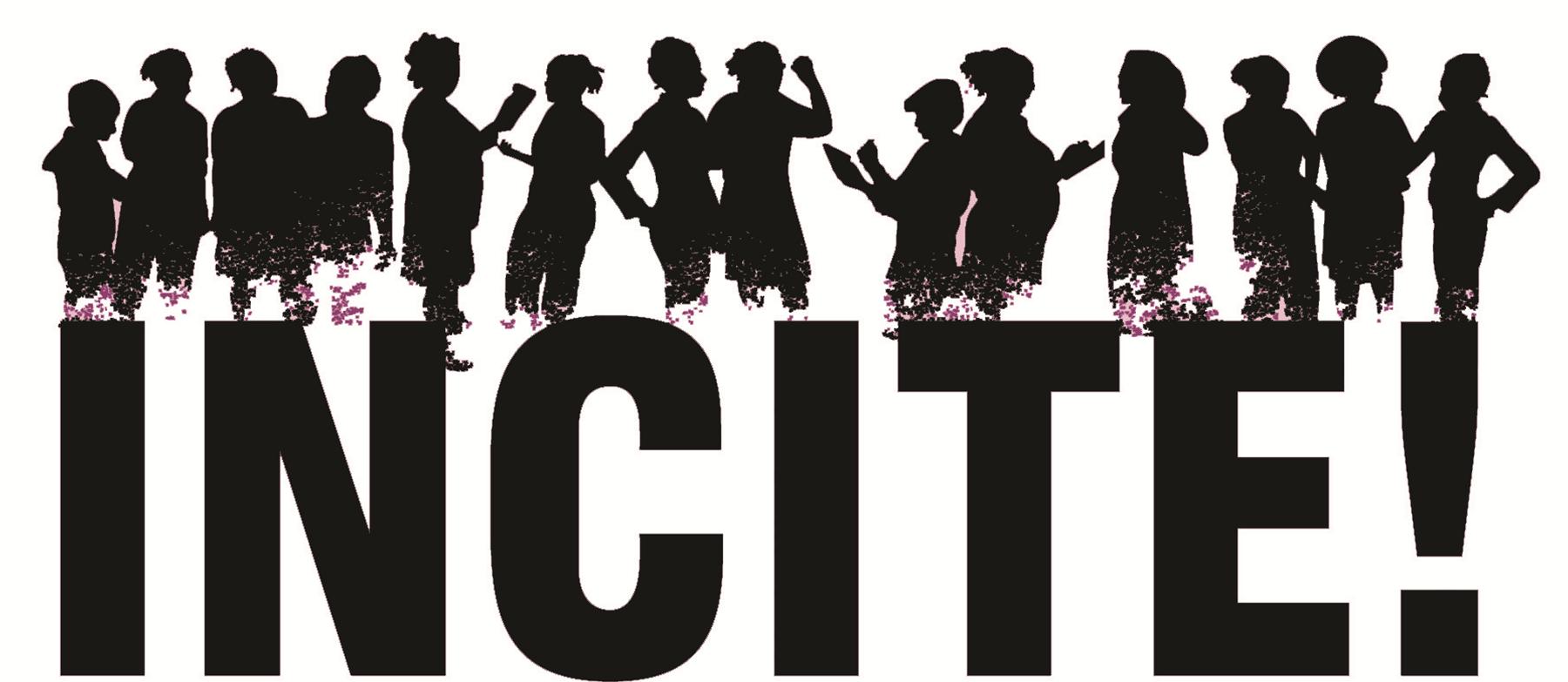Naema Ahmed, a 29-year-old immigrant in Canada, filed a human rights complaint after she was taken out of a French class for not removing her face veil, or niqab. She was expelled from school and Quebec Premier Jean Charest and his cabinet proposed legislation Bill 94, which would ban Muslim women from wearing the niqab. The ban polices women who wear the niqab by denying them essential services, such as receiving health care, getting a driver’s license, going to school, voting, or finding employment from the public sector.
Sheema Khan, writing for The Daily Beast, reflects on the high support the ban receives from Canadian women:
The most vehement reactions against face-veiling have come from women, who have projected their own fears, assumptions, and judgments onto attire worn by a minority within a minority. They think of the bad old days when the Catholic Church controlled women’s lives in Quebec. They pity the present-day lives of women in Afghanistan and Saudi Arabia. “We will save you from your own foolishness and your own delusional beliefs, for your own good,” they seem to say. “We will bring you to liberation by force. You Muslim women really aren’t independent until you embrace our lifestyle choices.”
In the meantime, they would deny us access to language lessons, hospitals, courts, schools, and public transportation—all services that help immigrants assimilate. But at the same time, they condemn the Saudi religious police for hounding women who don’t dress according to that government’s dictates.
Shahina Siddiqui, president and executive director of the Islamic Social Services Association, writes in the Montreal Gazette,
What people are ignoring is that Muslim women are human and deserve to be treated with dignity regardless of whether we agree with their choices or not.
…
This outrage is not about a piece of cloth on my face or head, it is about what I believe and the lifestyle I have chosen. It is about my refusal to be exploited for my physiology, my refusal to fit in a frame that society imposes on me, and my courage to demand my right as a Canadian.
For this we are being punished, deprived of our basic human right to choose.
Unfortunately it is becoming socially acceptable to belittle Muslim women, treat them as sub-human, and to make political gains at their expense, but this is not something to be proud of or to celebrate.
Although touted as a step toward gender equality, Bill 94, if approved, will perpetuate gender inequality by legislating control over women’s bodies and sanctioning discrimination against Muslim women who wear the niqab. Instead of singling out a minuscule percentage of the population, government resources would be better spent implementing poverty reduction and education programs to address real gender inequality in meaningful ways. Barring any woman from social services, employment, health, and education, as well as creating a climate of shame and fear around her is not an effective means to her empowerment. If Premier Charest’s government is truly committed to gender equality it should foster a safe and inclusive society that respects a woman’s right to make decisions for herself. Standing up for women’s rights is admirable. “Rescuing” women is paternalistic and insulting. Further marginalizing Muslim women who wear niqab and denying them access to social services, economic opportunities and civic participation is unacceptable.
There are more discussions on the ban at Racialicious, Bitch Media, and Muslimah Media Watch where writer, Krista, reflects on the numbers of women who the ban would target, and draws a connection between the niqab ban and ableism.















Trackbacks/Pingbacks